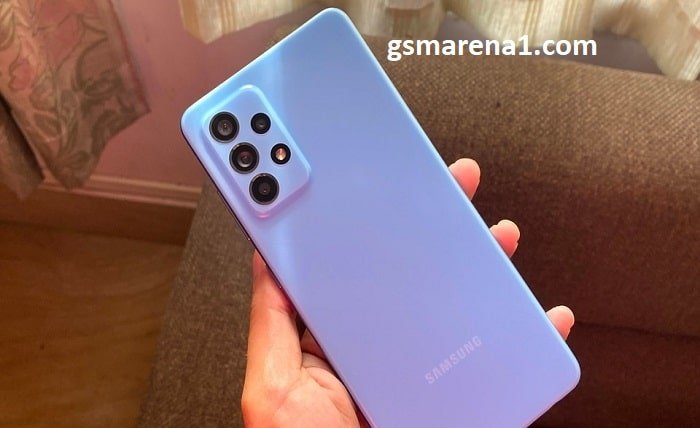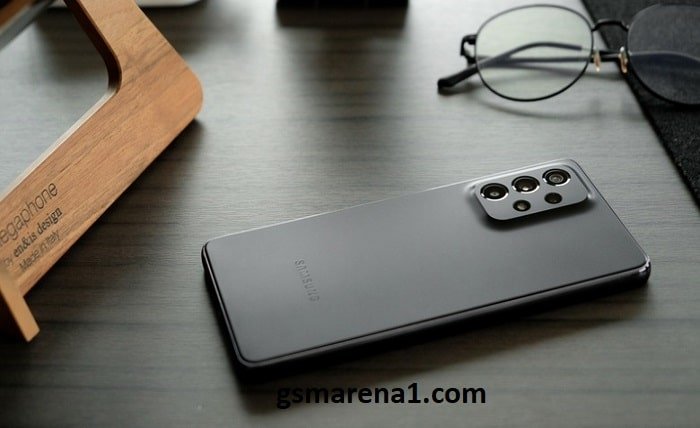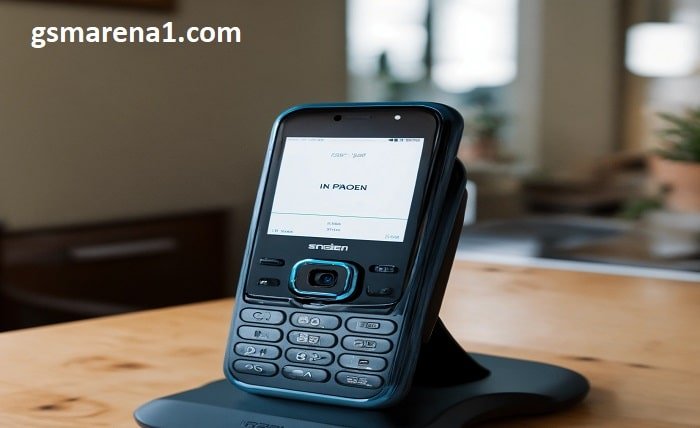Whether a 50 MP camera is good for smartphones depends on what you’re looking for in a camera phone. Here’s a breakdown of the pros and cons:
Pros:
- High resolution: 50 MP cameras can capture a lot of detail, which is great for zooming in on your photos without losing quality. This can be especially useful for printing or cropping your photos.
- Sharper images: In good lighting conditions, 50 MP cameras can produce sharper images than lower-resolution cameras. This is because there are more pixels to capture the details of the scene.
- More flexibility in post-processing: With more data to work with, you have more flexibility in editing your photos after you take them. You can crop, zoom, and adjust the colors and exposure without losing too much quality.
Read more about: kayo-anime
Cons:
- Larger file sizes: 50 MP photos take up a lot of storage space on your phone. This can be a problem if you don’t have a lot of storage space or if you take a lot of photos.
- Slower performance: 50 MP cameras can sometimes be slower to focus and take photos than lower-resolution cameras. This is because the camera has to process more data.
- Not always necessary: For most people, a lower-resolution camera will be sufficient. You don’t need 50 MP to take great photos for social media or casual use.
Overall, 50 MP cameras can be a good option for smartphone photographers who want the best possible image quality and flexibility in post-processing. However, they are not for everyone. If you don’t mind having slightly lower-resolution photos and you don’t need a lot of storage space, then a lower-resolution camera will be a better choice.
Here are some additional things to consider when choosing a smartphone camera:
- Sensor size: The size of the sensor is one of the most important factors in determining image quality. Larger sensors generally produce better images in low-light conditions.
- Lens quality: The quality of the lens is also important. A good lens will help to produce sharp images with accurate colors.
- Image processing software: The software that processes the images from the sensor can also make a big difference in image quality. Some phones have better image processing software than others.
I hope this information helps you decide if a 50 MP camera is right for you.
Whether a 50 MP camera is good for smartphones depends on several factors, and it’s not as simple as a yes or no answer. Here’s a breakdown to help you decide:
Pros of 50 MP cameras:
Higher resolution: 50 MP sensors capture more detail and allow for larger prints or zooming in without losing quality. This can be great for capturing landscapes, architecture, or close-up shots of nature.
Flexibility in post-processing: With more data to work with, you have more options for editing and cropping your photos without sacrificing quality.
Cons of 50 MP cameras:
- Larger file sizes: 50 MP photos take up more storage space on your phone, and they can take longer to transfer and upload.
- Higher demands on processing power: Your phone’s processor and software need to be able to handle the larger files and complex processing required for 50 MP photos. This can drain the battery faster and lead to slower performance in some cases.
- Not always a guarantee of better image quality: While 50 MP sensors have the potential for great photos, image quality also depends on other factors like the sensor size, lens quality, image processing software, and lighting conditions. A 12 MP camera with a better sensor and lens can outperform a 50 MP camera with lower quality components.
So, is a 50 MP camera right for you?
If you’re a serious photographer who wants the most flexibility and detail in your photos, and you have a phone with a powerful processor and plenty of storage space, then a 50 MP camera can be a good choice. However, for most casual users, a 12 MP or even an 8 MP camera may be sufficient, and you’ll get better battery life and performance.
Ultimately, the best camera for you is the one that fits your needs and budget. Consider what you want to use your phone camera for and do some research on the specific models you’re interested in before making a decision.
I hope this helps! Let me know if you have any other questions.



